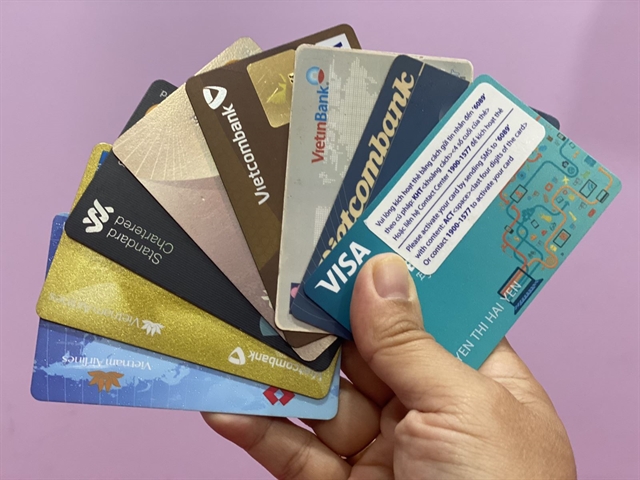From July 1, banks across Việt Nam stopped using magnetic stripe cards and now require biometrics for company accounts to prevent fraud and improve security.

HÀ NỘI — From July 1, banks across Việt Nam have stopped using magnetic stripe cards and now require biometrics for company accounts to prevent fraud and improve security.
Under Circular 17/2024/TT‑NHNN issued on June 28, 2024, by the State Bank of Vietnam (SBV), all businesses must register fingerprints or facial recognition data for their legal representative before they can continue using internet or mobile banking.
The verification must be performed using a valid chip‑based ID card (for Vietnamese citizens) or passport (for foreigners) at the branch or through a bank app. Lenders stressed they will never send links asking for login details, OTP codes or other personal data.
The SBV’s Payment Department estimates Việt Nam hosts more than 200 million bank accounts, but only around 113.5 million have been matched to biometrics.
“Unverified accounts are ‘sleeping’ accounts that fraudsters can exploit,” warned the department’s director, Phạm Anh Tuấn.
By May 2025, 130.5 million individual profiles and 711,300 corporate profiles had been authenticated, yet Tuấn said biometrics alone cannot eliminate every loophole, citing cases where fraudsters 'hire' someone’s face for identity checks.
At the same time, all domestic transactions via magnetic‑stripe cards, including the stripe on hybrid chip cards, were discontinued. Stripe cards are easily cloned, while EMV chip cards create a one‑time code for every payment, making counterfeiting far harder.
Banks have converted cards free of charge for several years and advise anyone still holding a stripe‑only card to visit a branch as soon as posible.
The first day of July also marks Việt Nam’s first fintech 'sandbox'.
Decree 94/2025/NĐ‑CP, issued in April this year, sets up a controlled testbed for three services – credit scoring, open API data sharing and peer‑to‑peer lending – where firms can test limited live projects under SBV’s supervision.
“This is likely the country’s very first sandbox,” Deputy Governor Phạm Tiến Dũng said, adding that new models may be admitted once regulators gain experience. — BIZHUB/VNS





